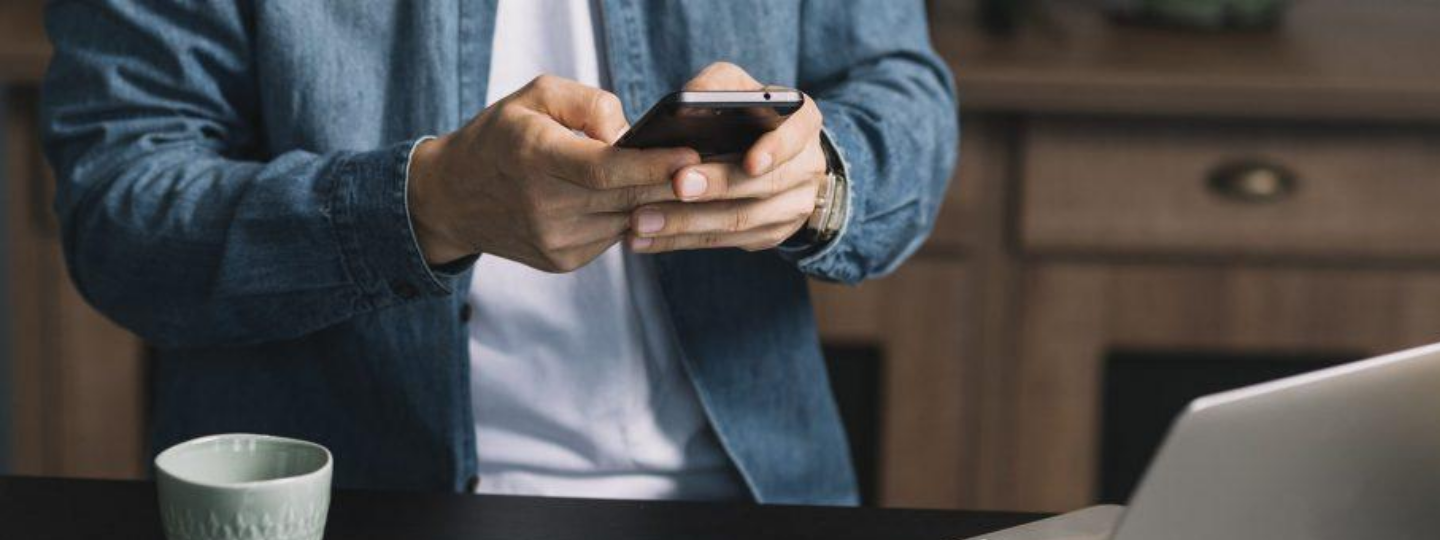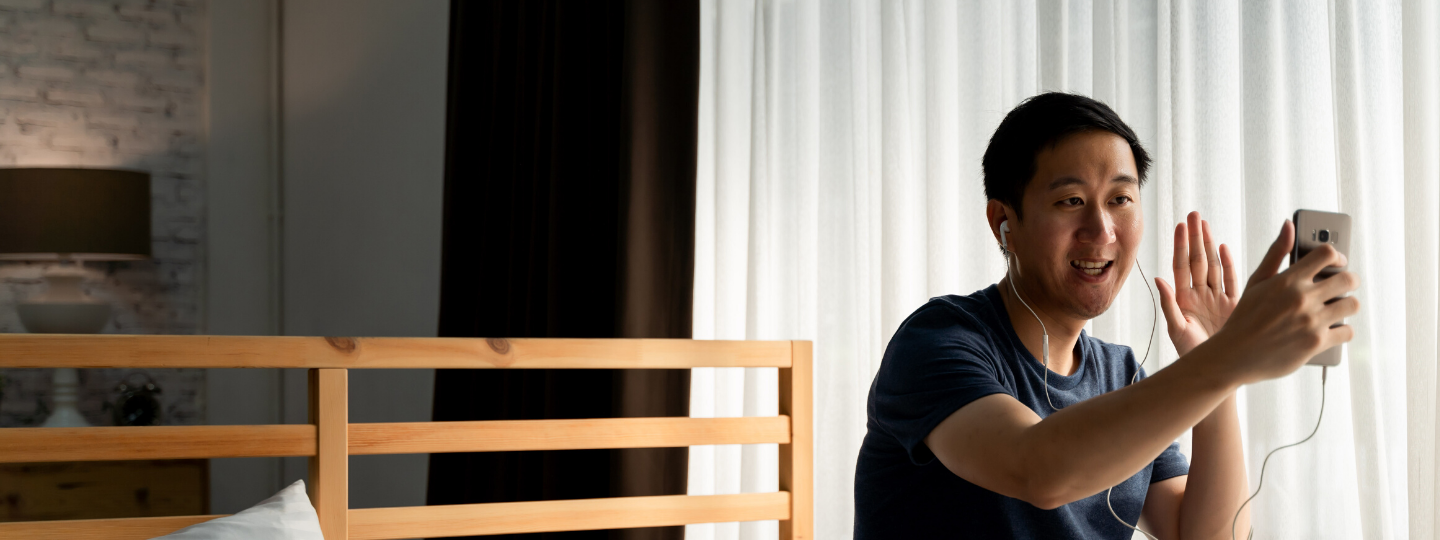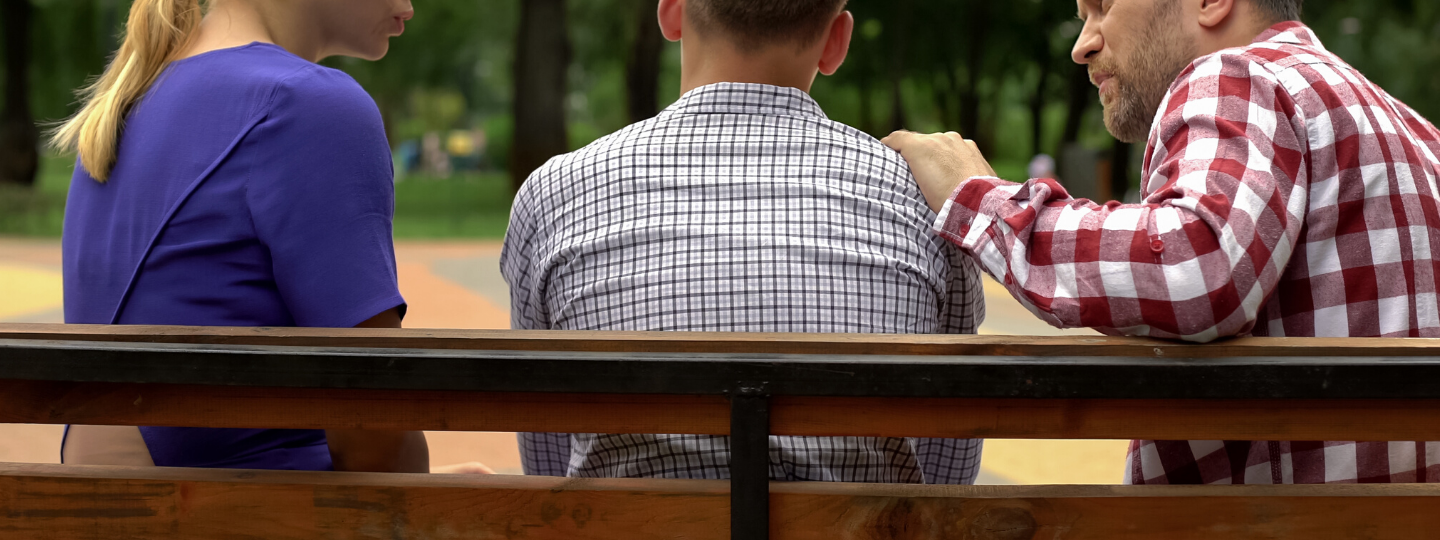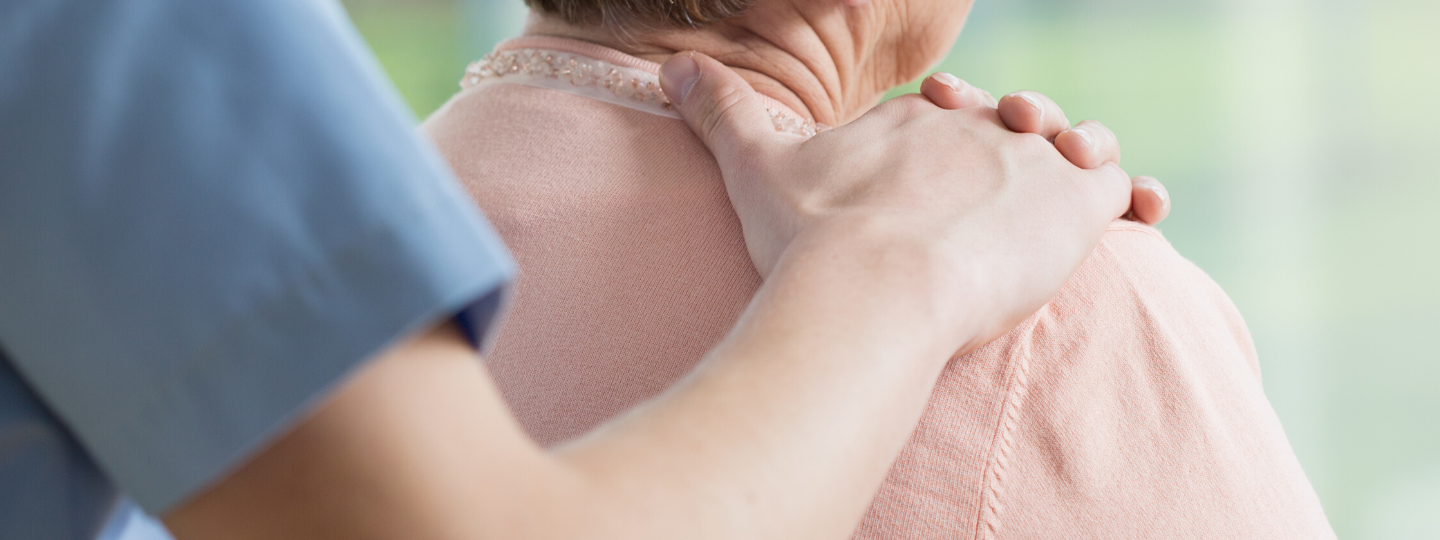We ran a webinar for parents about helping young people manage disappointment. In this recording, Maebh and Dan gave a short presentation. They then took questions from parents. The video above is a recording.
Month: July 2020
What is depression?
Depression is a term that is used in many different ways by different people. Commonly, people use the word depression to describe feeling sad, upset, or fed up.
Many of us describe things, such as news stories, as ‘depressing’. We may also describe ourselves as being depressed at different times in our lives and for different lengths of time.
Porn and mental health
As technology advances, the accessibility of porn has increased. We know that many young people in Ireland are consuming porn.
The recent My World Survey, a study of young people in Ireland, had relevant results on this. It found that almost two-thirds of young adults had watched pornography on the internet.
Looking forward to the end of lockdown
If someone told you last Christmas about an impending global pandemic, where people were encouraged to stay at home you would have thought it was science fiction.
Faced with challenging times, we can look for different options to help. Sometimes it’s good to work out what we need in the moment and at that time for support. Other times it can be good to plan for things to look forward to, or work out what’s important to us for the future.
We asked some of our young volunteers around Ireland about what they were looking forward to and wanted to share some of these with you.
Family and friends
Unsurprisingly, a lot of our volunteers mention friends and family.
I’m looking forward to spending time with my family and friends after lockdown. Aisling O’ (18) Meath
Seeing my friends and going shopping. Amina Abdallgany (17) Meath
I am excited to see and spend time with my friends and family. Annemarie Driver (20) Meath
Going back to work, seeing my family and friends. Emily (18) Donegal
Seeing my friends. Daragh Nerney
Being able to go see my granny, friends and extended family members. Ruth O’Dea, Clare/Galway
Hugging my nieces and seeing my family and friends. Visiting my boyfriend whom I haven’t seen in over 4 months. Keith Judge (24) Dublin
Seeing my nana and giving her a hug. I saw her everyday after work and I miss that. Nicola (19) Dublin
I cannot wait to see my friends and family when this is all over! My godson was born the first week of lockdown so I am yet to meet him! This young volunteer has chosen to be anonymous.
Spending time with my friends. Yvonne (24) Limerick
I’m most looking forward to giving all my family and friends and big hug and spending time with them again. Mark (22) Dublin
Ask Jigsaw: Autism Spectrum Disorder and anxiety
Hi I sufferer from autism spectrum disorder sensory processing disorder and anxiety and appsenst seizures how can you help me with my anxiety
-Hozier cork 2019
Hi Hozier cork 2019 ,
Thanks for your message. It sounds like you are having a tough time at the moment. Anxiety is very common when someone has sensory issues such as those related to autistic spectrum disorder (ASD) and sensory processing disorder (SPD). Some people feel especially anxious if they find themselves in new or unexpected situations or in places where there is too much sensory information, for example, big crowds. Sometimes with ASD and SPD, it can be extra hard to get used to new things.
The impact of parents’ mental health
A person’s mental health can affect those close to them. It can be difficult for a young person if one or more of their parents are struggling.
This might be because they’re worried about them, or because the parent is not able to do the usual stuff they do.
If this is something you’re going through, here is an outline supports and other ways to help.
Ask Jigsaw: Getting a teenager to do homework
How can you try and get your 14 year old teenager to homework and just generally comply and not make life difficult for everyone else during this time.
-Dee
Hi Dee,
This is a really challenging time for all members of the family. Being cooped up in the house together, without the normal routine and our usual social supports is really tough. For parents and young people alike.
Ask Jigsaw: Scared about CAMHS
I’m due to see CAMHs (Child and Adolescent Mental Health Service) about my anxiety, depression, self-harm and suicide, I’m scared they’ll do things like take me away from my parents, what should I do? How do I go about it?
Hi there,
First of all, well done for taking the steps to get support. CAMHS services around the country do a great job of supporting young people to mind their mental health. This video will tell you a bit more about CAMHS and what it is for.
As you identify, it can sometimes feel scary when you are going somewhere new for the first time. Therefore, this can make it difficult to open up about what you are feeling. However, be assured that everyone at CAMHS will want to support you as best they can.
The impact of alcohol on mental health
Ireland has a reputation as being a country of drinkers. It can be difficult to socialise without feeling pressured to having a drink, or three. Some people use alcohol as a crutch to help get to sleep or deal with stress, especially during the pandemic where those experiences are more common.
We know from our recently published My World Survey, young people who do drink are consuming amounts that are damaging to their health.
There are many reasons to choose to drink alcohol. We may feel more relaxed or sociable, enjoy the taste, or other people are drinking. Whatever your reason for drinking, be aware of the amount of alcohol you consume. Make sure you know how it can impact negatively on your mental and physical health.
In this article, you will find:
Grief and loss
When someone close to you dies it can be gut-wrenching and confusing. Your emotions will be all over the place while you get a handle on what happened.
You can’t bring them back, but you can find ways to be easy on yourself during this hard time.
What is grief?
Grief is a natural, human reaction to loss. When you lose someone close to you, there is a period afterwards of mourning. Grief is the emotional and physical feelings you get as you mourn.







